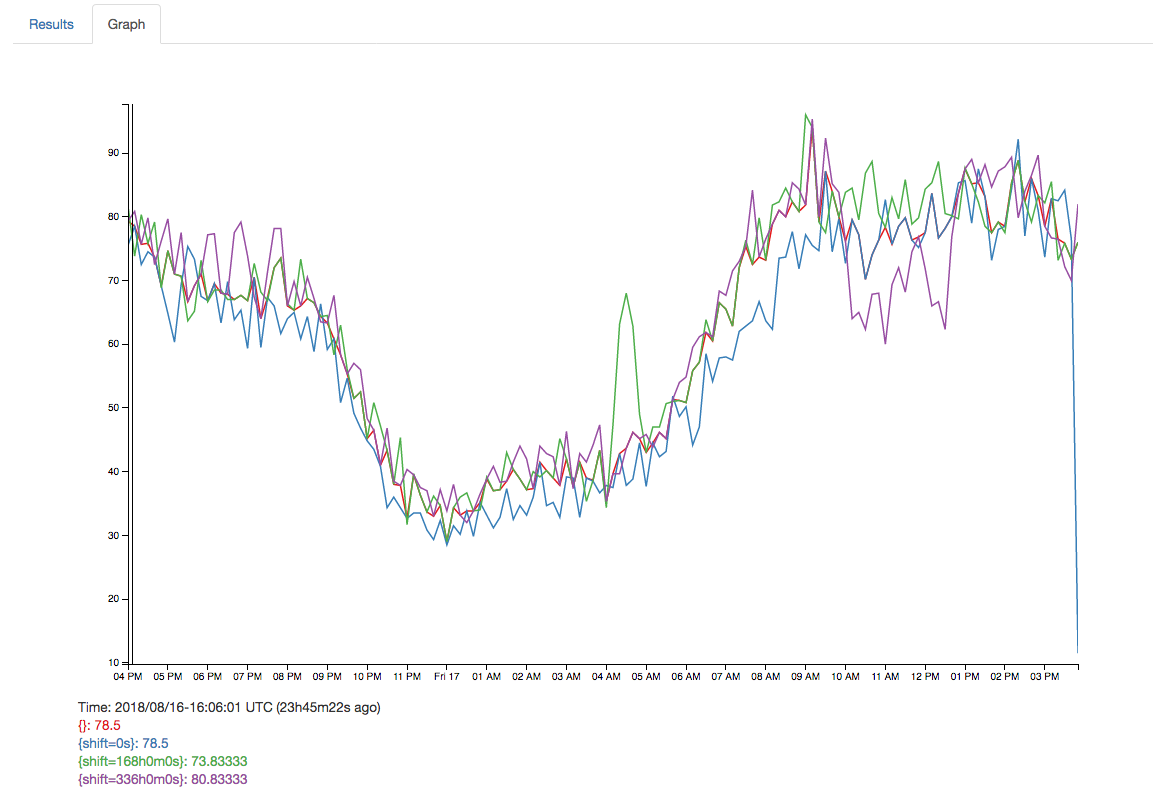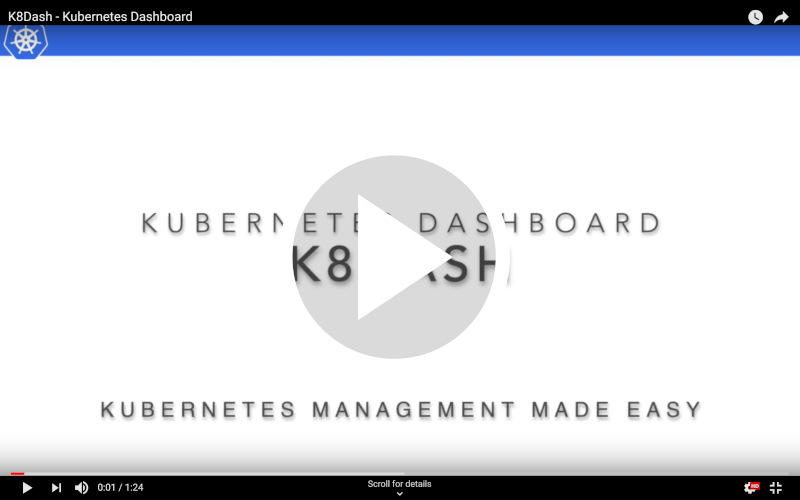Bosun
Bosun is a time series alerting framework developed by Stack Exchange. Scollector is a metric collection agent. Learn more at bosun.org.
Building
bosun and scollector are found under the cmd directory. Run go build in the corresponding directories to build each project. There's also a Makefile available for most tasks.
Running
For a full stack with all dependencies, run docker-compose up from the docker directory. Don't forget to rebuild images and containers if you change the code:
$ cd docker
$ docker-compose down
$ docker-compose up --build
If you only need the dependencies (Redis, OpenTSDB, HBase) and would like to run Bosun on your machine directly (e.g. to attach a debugger), you can bring up the dependencies with these three commands from the repository's root:
$ docker run -p 6379:6379 --name redis redis:6
$ docker build -f docker/opentsdb.Dockerfile -t opentsdb .
$ docker run -p 4242:4242 --name opentsdb opentsdb
The OpenTSDB container will be reachable at http://localhost:4242. Redis listens on its default port 6379. Bosun, if brought up in a Docker container, is available at http://localhost:8070.
Developing
Install:
- Run
make depsandmake testdepsto set up all dependencies. - Run
make generatewhen new static assets (like JS and CSS files) are added or changed.
The w.sh script will automatically build and run bosun in a loop. It will update itself when go/js/ts files change, and it runs in read-only mode, not sending any alerts.
$ cd cmd/bosun
$ ./w.sh
Go Version:
- See the version number in
.travis.ymlin the root of this repo for the version of Go to use. Generally speaking, you should be able to use newer versions of Go if you are able to build Bosun without error.
Miniprofiler:
- Bosun includes miniprofiler in the web UI which can help with debugging. The key combination
ALT-Pwill show miniprofiler. This allows you to see timings, as well as the raw queries sent to TSDBs.









